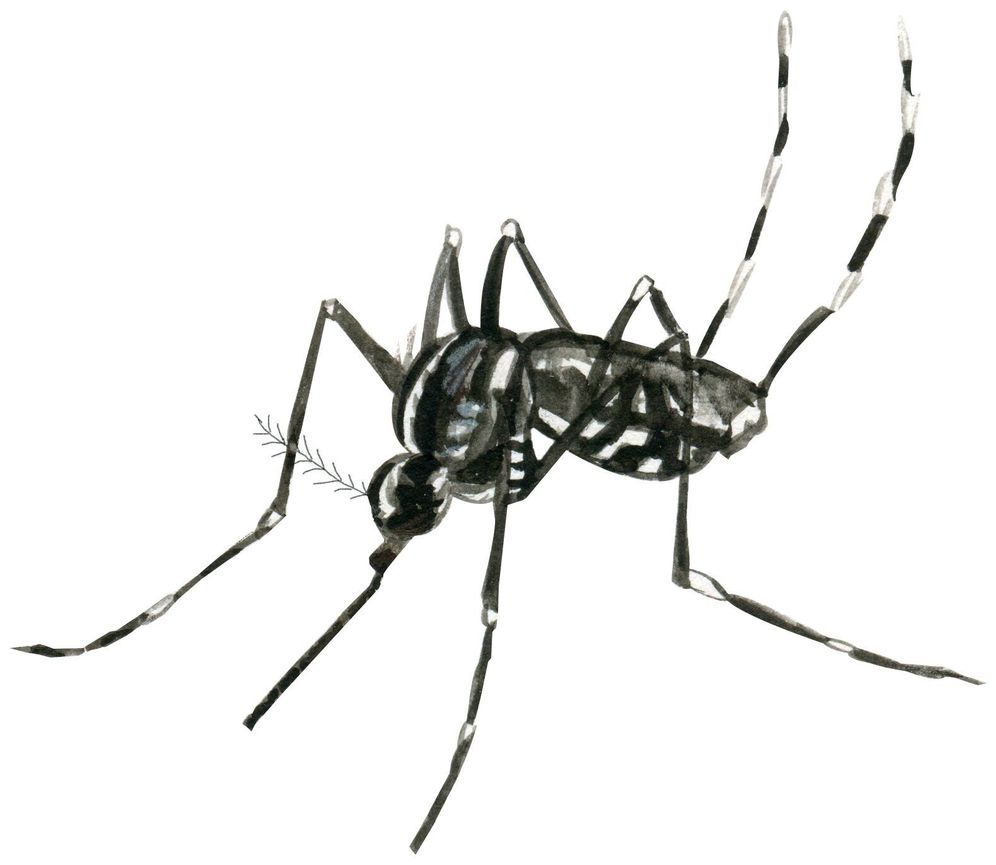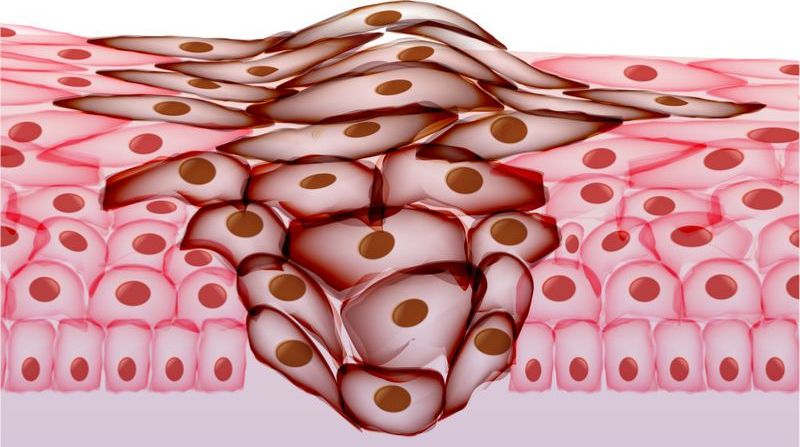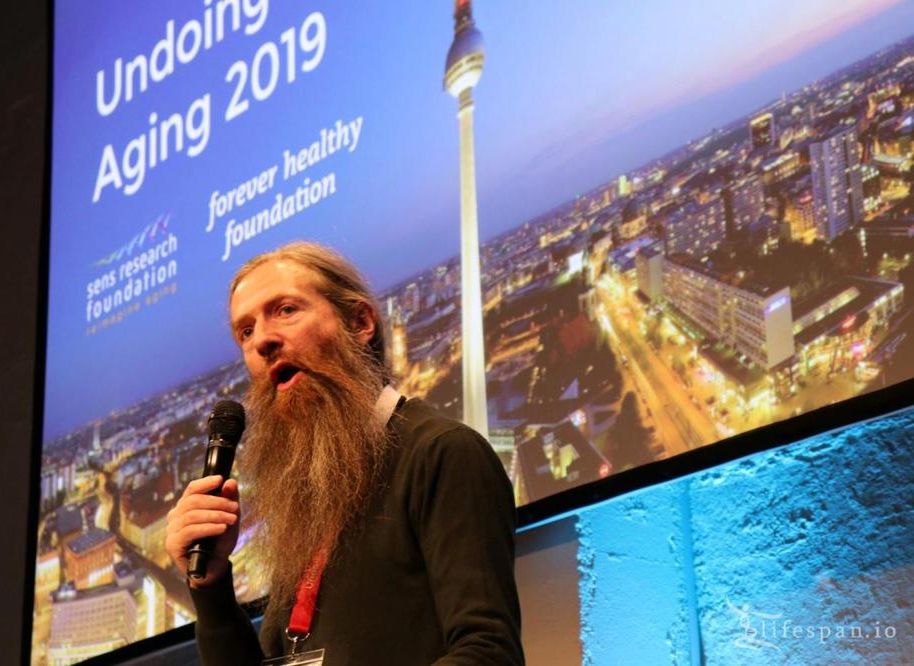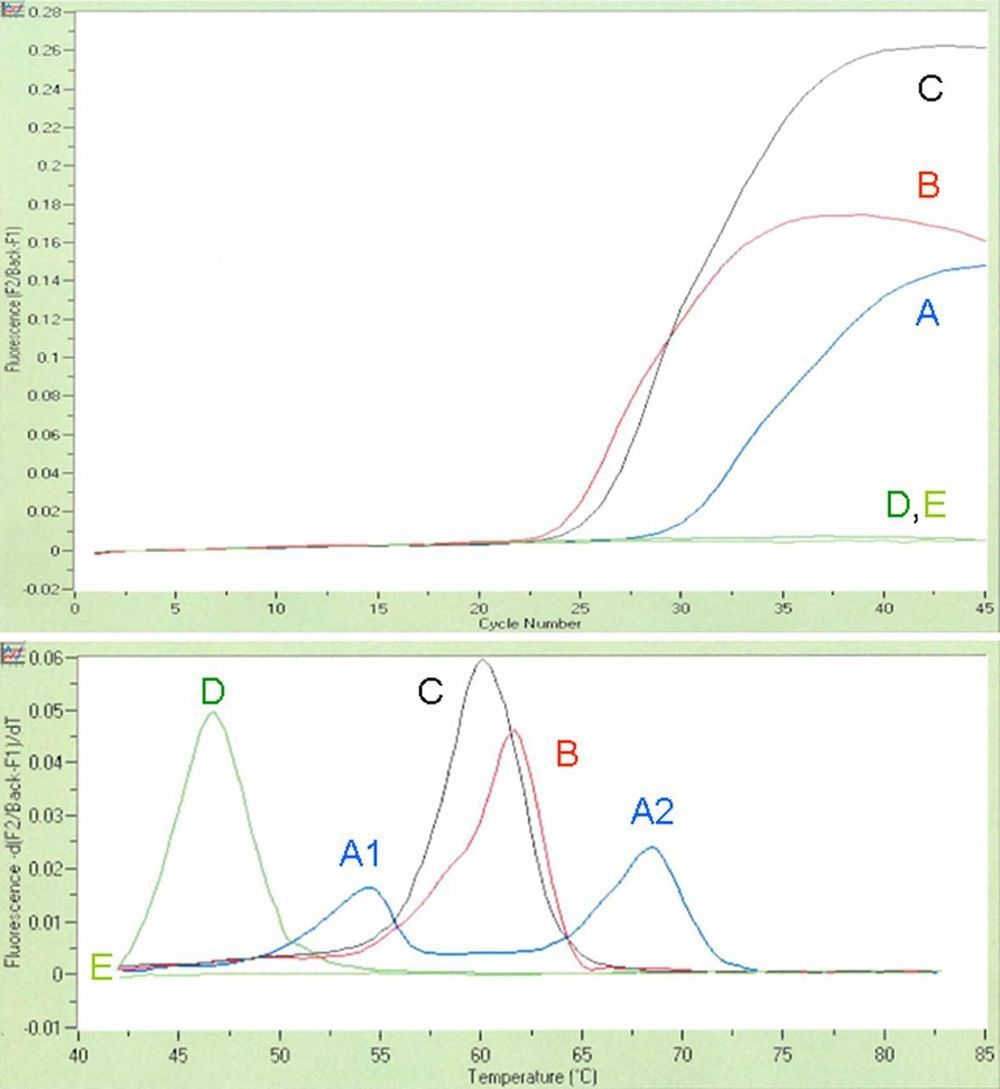May 9, 2019
Risperidone-Associated Neuroleptic Malignant Syndrome in an Inpatient With Schizophrenia, With Successful Rechallenge and 3 Year Follow-Up
Posted by Quinn Sena in categories: biotech/medical, food, neuroscience
Neuroleptic malignant syndrome (NMS) is rare but one of the most serious adverse effects of antipsychotics. Here, we report a case of risperidone-associated NMS in which a successful rechallenge of risperidone was observed with a positive follow-up. A 47-year-old female with schizophrenia was treated with risperidone 4 mg/d for 8 months in 2009 and was admitted to our hospital in 2015 owing to violent behavior under persecutory delusions. Risperidone 2 mg/d was initiated and increased to 4 mg/d 54 days later. Further, long-acting injectable (LAI) risperidone 25 mg per 2 weeks was added on hospital day 15. On hospital day 116, NMS occurred and thus we discontinued all antipsychotics including LAI risperidone, then NMS improved. We resumed LAI risperidone 25 mg per 2 weeks on hospital day 148, thus we waited for 22 days before re-starting the drug treatment. She was discharged on hospital day 371, then switched to LAI paliperidone 150 mg per 4 weeks 2 months later. At the time of a follow-up 3 years later, NMS had not reoccurred. This case reports on an unusual presentation of NMS in which no hyperthermia was observed. Furthermore, this case indicated that NMS may occur in a dose-dependent manner. In conclusion, this case reported important information for clinicians with regard to antipsychotic drug rechallenges and proper dosing of APs to avoid or reverse NMS.
A 47-year-old female with schizophrenia and without other neuropsychiatric or systemic illnesses was treated with risperidone 4 mg/d for 8 months in 2009. In 2015, she was admitted owing to the violent behavior of attacking her mother-in-law under persecutory delusion with the belief that her mother-in-law was going to murder her and auditory hallucination of hearing her mother-in-law criticize her behind her back. Risperidone 2 mg/d was initiated and increased to 4 mg/d 54 days later. Further, long-acting injectable (LAI) risperidone 25 mg per 2 weeks was added on hospital day 15. She did not receive any mood stabilizers on admission, such as lithium, carbamazepine, valproate. During treatment, the patient complained of soreness and weakness of her whole body, and refused to eat or ambulate on hospital day 116, at which point she was tachycardic with a bpm of 116, but afebrile (36.4°C) with stable blood pressure (113÷72 mm Hg).



















